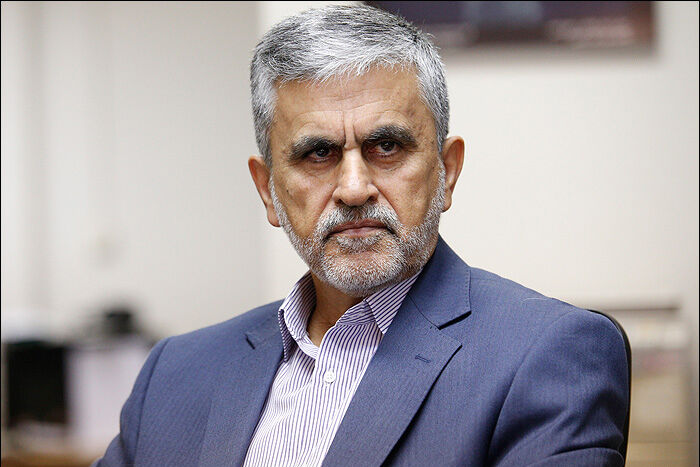"The Central Bank must be convinced that this method is in the country's interest, said Seyyed Mohsen Ghamsari in an exclusive interview with Shana.
Barter is an act of trading goods or services between two or more parties without the use of money —or a monetary medium, such as a credit card. In essence, bartering involves the provision of one good or service by one party in return for another good or service from another party, explained Mr. Ghamsari.
He said: “When there is a problem in the transfer of funds, or when the parties want to remove the funds based on their preferences and interests, the method of bartering is used, which fortunately we have had a lot of operational experience in this field.”
The former director of international affairs of the National Iranian Oil Company said that the most important challenge in selling oil in recent years is banking issues and the most important challenge in the issue of bartering is domestic laws and regulations. “For example, if domestic contractors are given full authority to barter deals, it could cause market turmoil. Barter deals would be good when the focus is on the Central Bank. The entry of contractors into the (oil) market, if unplanned, will lead to turmoil, which is more harmful than beneficial.”
Need to Form an Agile, Independent Organization
Ghamsari said: "To prevent a possible mess in the oil barter deals with domestic contractors, the formation of an independent, centralized, competent, powerful and agile organization that can make decisions at the moment is helpful. Market turmoil and ill-considered competition are certainly to the detriment of national interests.”
He reminded: “One of the reasons for the success of the Ministry of Petroleum in 2015 and 2016 and its ability to take back the market in a short period of 3 to 4 months was that they decided and implemented the contracts themselves and the five-member board approved the decisions; of course, that period was the beginning of the Joint Comprehensive Plan of Action (JCPOA) implementation and JCPOA helped and we were able to increase our oil exports to 2.5 million barrels per day, but we will not reach this figure in the face of sanctions, although an independent organization can improve the status quo.”


Your Comment